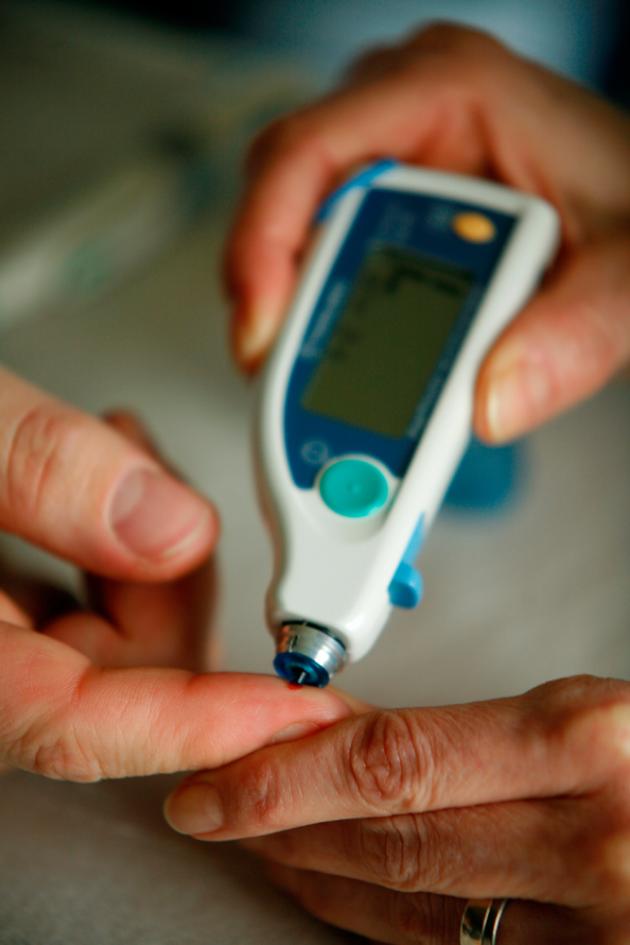The government has announced new protective measures for children and teens with type-1 diabetes to ensure they get proper blood glucose checks and insulin shots during school hours.
The law currently prohibits homeroom teachers from administrating medication on campus grounds, resulting in a phenomenon where diabetic children self-injecting insulin in bathroom stalls to avoid the ridicule and teasing from classmates.
The lack of systematic care has exposed these children to the risk of falling into low blood pressure-induced shock unattended, the Office for Government Policy Coordination said Tuesday.

Although school nurses are allowed to administer insulin shots to diabetic students, only two-thirds of all elementary, middle and high schools had such nurses in their schools last year. Only half of schools in rural provinces, such as South Jeolla, Jeju and South Chungcheong, had a school nurse.
There were 1,720 diabetic children and teens under 18 years of age last year. The demographic increased from around 15 adolescents out of 100,000 in 2006 to 18 last year, the agency said.
The office laid out a four-step plan Tuesday in efforts to provide appropriate treatment for juvenile diabetics and remove the stigma associated with the condition.
The new measures will expand the number of health personnel in schools and keep tabs on the number of juvenile diabetics in the country to provide appropriate treatment, the agency said.
Schools will also now have to secure a safe, independent room for injections that will also store necessary and emergency medications.
The government will also reimburse blood glucose checking devices to help with the financial cost while simplifying the purchasing process for overseas products, it said.
The office also said it would provide more education and raise awareness of the condition to get rid of the social stigma. Previous reports showed children with type 1 diabetes rejected from kindergartens and children taunting or ridiculing those with the disease, the agency noted.
Type 1 diabetes, also known as juvenile diabetes, is a chronic condition with no cure wherein the pancreas produces little or no insulin. It requires the affected individual to keep blood sugar level as close to normal as possible with frequent blood sugar monitoring and insulin shots.

